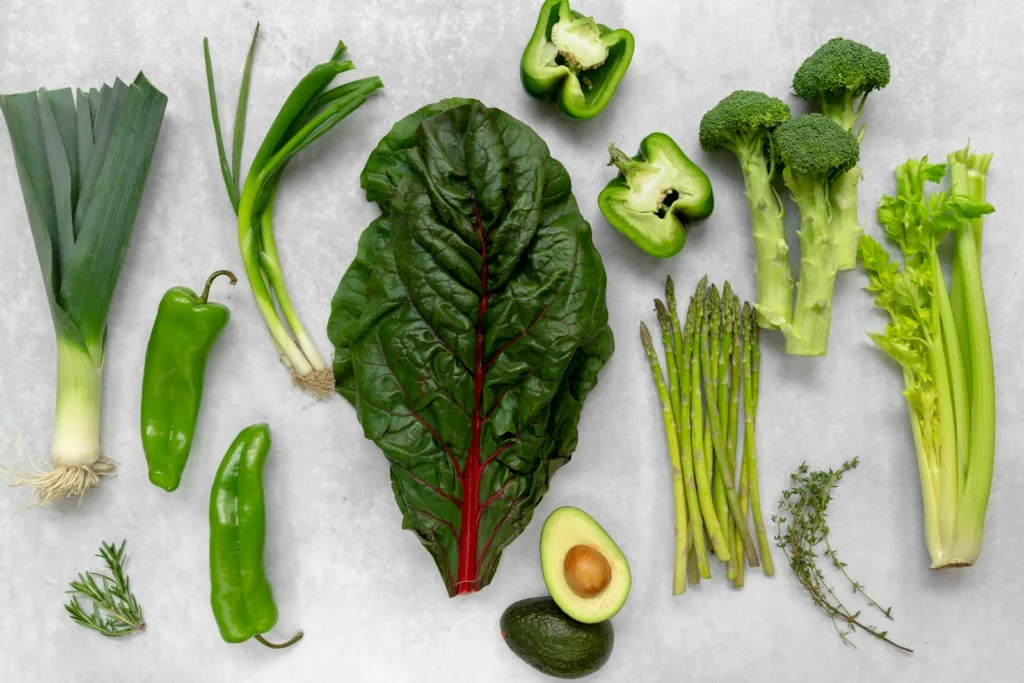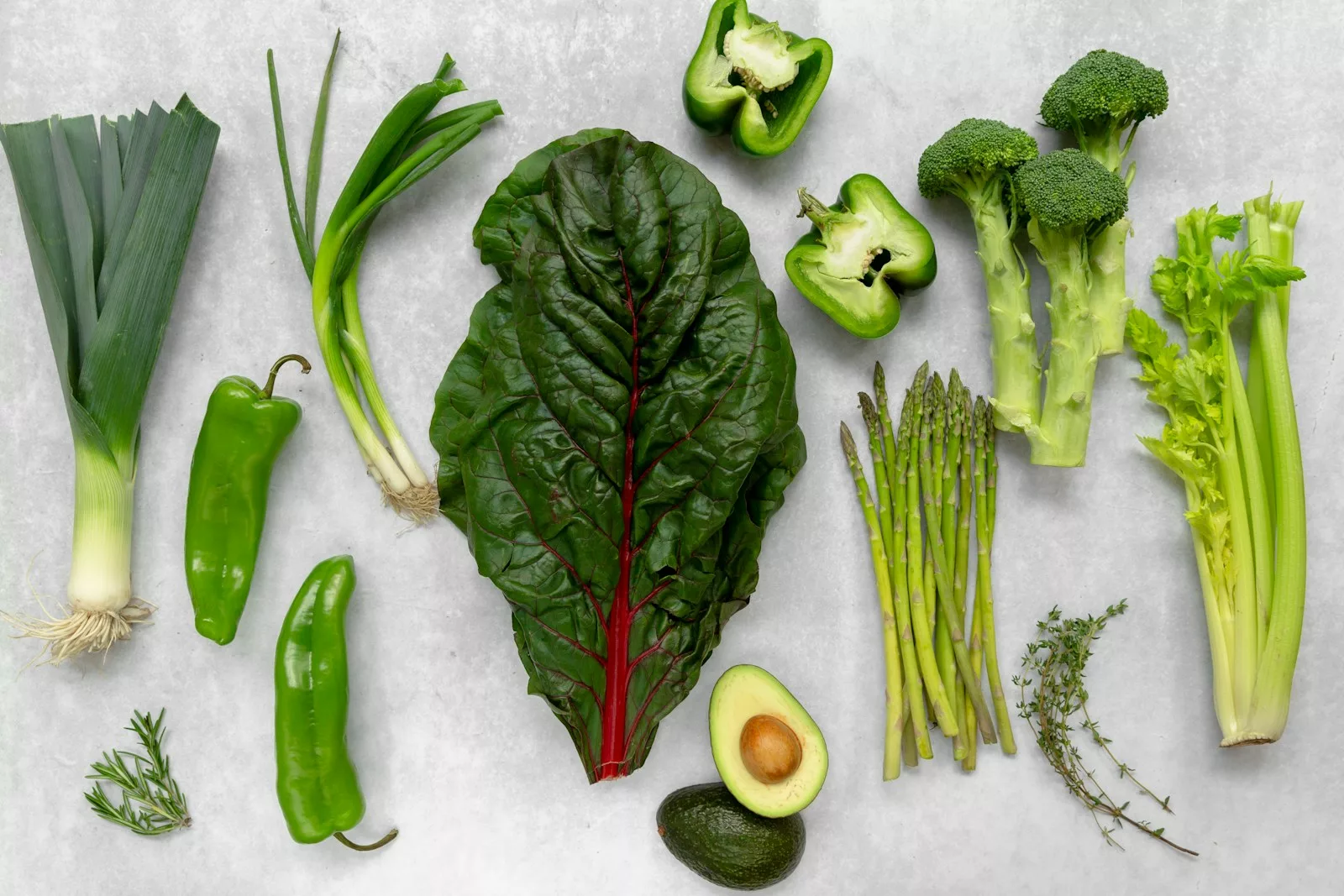Are you curious about the controversy surrounding oxalates? Well, you’re in luck! Today, I have a brief video that will shed some light on the truth about oxalates. Oxalates are naturally occurring compounds found in many foods, such as spinach, rhubarb, black tea, and even chocolate. While they have a beneficial purpose in plants, helping to get rid of excess calcium, their effects on human nutrition are more controversial. Some people claim that oxalates can contribute to kidney stones and digestive issues, but in my opinion, they are not the nutrition supervillain that some make them out to be. For the majority of people, oxalates are perfectly safe, and cutting them out of your diet may mean missing out on essential nutrients. So go ahead and enjoy that piece of chocolate, because oxalates are not something to be overly concerned about!
What are oxalates?
Definition
Oxalates, also known as oxalic acid, are naturally occurring compounds found in a variety of foods. They are particularly abundant in foods such as spinach, rhubarb, black tea, and chocolate. In plants, oxalates serve the purpose of eliminating excess calcium by binding to it. This function is essential for plants as excess calcium can hinder nutrient absorption and ultimately lead to the plant’s demise.
Occurrence in foods
Oxalates are present in a wide range of foods, both plant-based and animal-based. While they are commonly found in high quantities in foods like spinach, rhubarb, kale, and tea, they can also be found in lesser amounts in nuts, seeds, grains, and even certain animal products. It is important to note that the oxalate levels in food can vary depending on factors such as plant variety, cultivation methods, and cooking techniques.
Controversy surrounding oxalates
Avoidance for certain health conditions
For individuals who have a history of kidney stones or suffer from Crohn’s disease, healthcare professionals may recommend avoiding oxalate-rich foods. There is some belief that oxalates can contribute to the formation of kidney stones in individuals who are already prone to them. Similarly, those with Crohn’s disease may be advised to reduce their intake of oxalates, as it could exacerbate their symptoms.
Claims of dangers for healthy individuals
There have been claims suggesting that oxalates can be detrimental to the health of individuals without any pre-existing conditions. These assertions propose that consuming high oxalate foods can lead to nutrient deprivation, calcium leaching, and a range of gastrointestinal issues like leaky gut, irritable bowel syndrome, and even malnutrition and autism.

Arguments against the claims
Oxalates not the nutrition supervillain
Contrary to the claims made by some, extensive research suggests that oxalates are not the nutrition supervillains they have been portrayed as. While oxalates can cause issues in a small percentage of the population, the vast majority of individuals can safely consume oxalate-rich foods. It is essential to acknowledge that other factors, such as excessive sugar intake, consumption of unhealthy fats, and lectins, have a more significant impact on overall health.
Safety for the majority of people
Given that some of the healthiest foods available are also rich in oxalates, it would be counterproductive for most individuals to eliminate them from their diet entirely. Foods like sesame seeds, spinach, rhubarb, and dark chocolate offer various phytonutrients, vitamins, minerals, and fiber. For the majority of people, the benefits of these foods outweigh any potential risks associated with oxalates. Unless advised otherwise by a healthcare professional or experiencing adverse reactions, oxalates can be safely consumed as part of a balanced diet.

Benefits of oxalate-rich foods
Presence of phytonutrients
Oxalate-rich foods are known for their abundance of phytonutrients, which are naturally occurring compounds found in plants. These compounds have been found to possess antioxidative, anti-inflammatory, and disease-fighting properties. Consuming foods high in phytonutrients can contribute to overall health and wellness.
Vitamins and minerals
Many oxalate-rich foods also contain essential vitamins and minerals necessary for optimal bodily function. For instance, spinach is an excellent source of vitamins A, C, E, and K, as well as minerals like iron and calcium. Incorporating these foods into your diet allows for the intake of these vital nutrients.
Fiber content
Another advantage of oxalate-rich foods is their high fiber content. Fiber is crucial for maintaining digestive health, regulating blood sugar levels, and promoting satiety. Foods like rhubarb and whole grains provide an excellent source of dietary fiber, aiding in overall digestive well-being.

Calcium absorption and oxalates
Eating more calcium-rich foods
If there are concerns about calcium absorption in relation to oxalate consumption, one simple solution is to increase the intake of calcium-rich foods. Calcium can be obtained not only from dairy sources but also from plant-based options like broccoli, almonds, kale, and even pressure-cooked lentils. By incorporating these foods into your diet, you can ensure adequate calcium absorption.
Alternative sources of calcium
For individuals who may need to limit their oxalate intake due to specific health conditions, finding alternative sources of calcium is crucial. These alternatives can include fortified plant-based milk, calcium-fortified products, and calcium supplements as recommended by a healthcare professional.
Reducing oxalate content
Cooking methods to lower oxalate levels
For those who still wish to limit their oxalate consumption, cooking methods can help reduce oxalate levels in foods. Studies have shown that steaming or boiling vegetables, like spinach, can significantly decrease the oxalate content. This cooking process allows individuals to enjoy the other nutritional benefits of these foods while minimizing the potential risks associated with oxalates.
Maintaining other benefits
It is important to note that while boiling or steaming vegetables can reduce oxalate levels, it may also result in some nutrient loss. To counteract this, individuals can incorporate a variety of cooking methods into their meal preparation routine. This approach ensures that the health benefits of oxalate-rich foods, such as vitamins, minerals, and fiber, are preserved while decreasing oxalate levels to a more manageable extent.

Importance of hydration
Drinking plenty of water
Maintaining adequate hydration is essential for overall health and well-being, especially when consuming oxalate-rich foods. Staying hydrated can help dilute oxalates in the urine, reducing the risk of oxalate crystal formation. It is recommended to drink an adequate amount of water throughout the day to support proper bodily functions.
Supporting overall health
In addition to preventing the formation of kidney stones, staying properly hydrated offers numerous benefits. It aids in digestion, promotes skin health, regulates body temperature, and supports the transportation of nutrients and oxygen throughout the body. Remembering to drink plenty of water is a simple yet effective way to support overall health.

Conclusion
In conclusion, oxalates are generally safe for the majority of individuals. While there are certain health conditions where oxalate-rich foods may need to be limited, for most people, the benefits of consuming these foods outweigh any potential risks. Oxalate-rich foods provide a range of nutrients, including phytonutrients, vitamins, minerals, and fiber, which are crucial for optimal health. Adequate hydration and the inclusion of calcium-rich foods further support the safe consumption of oxalates. As always, it is essential to consult with a healthcare professional for personalized dietary advice based on individual health status and needs. So go ahead and enjoy that piece of chocolate without worrying too much about oxalates, because they are not the nutrition supervillains they have been made out to be.
